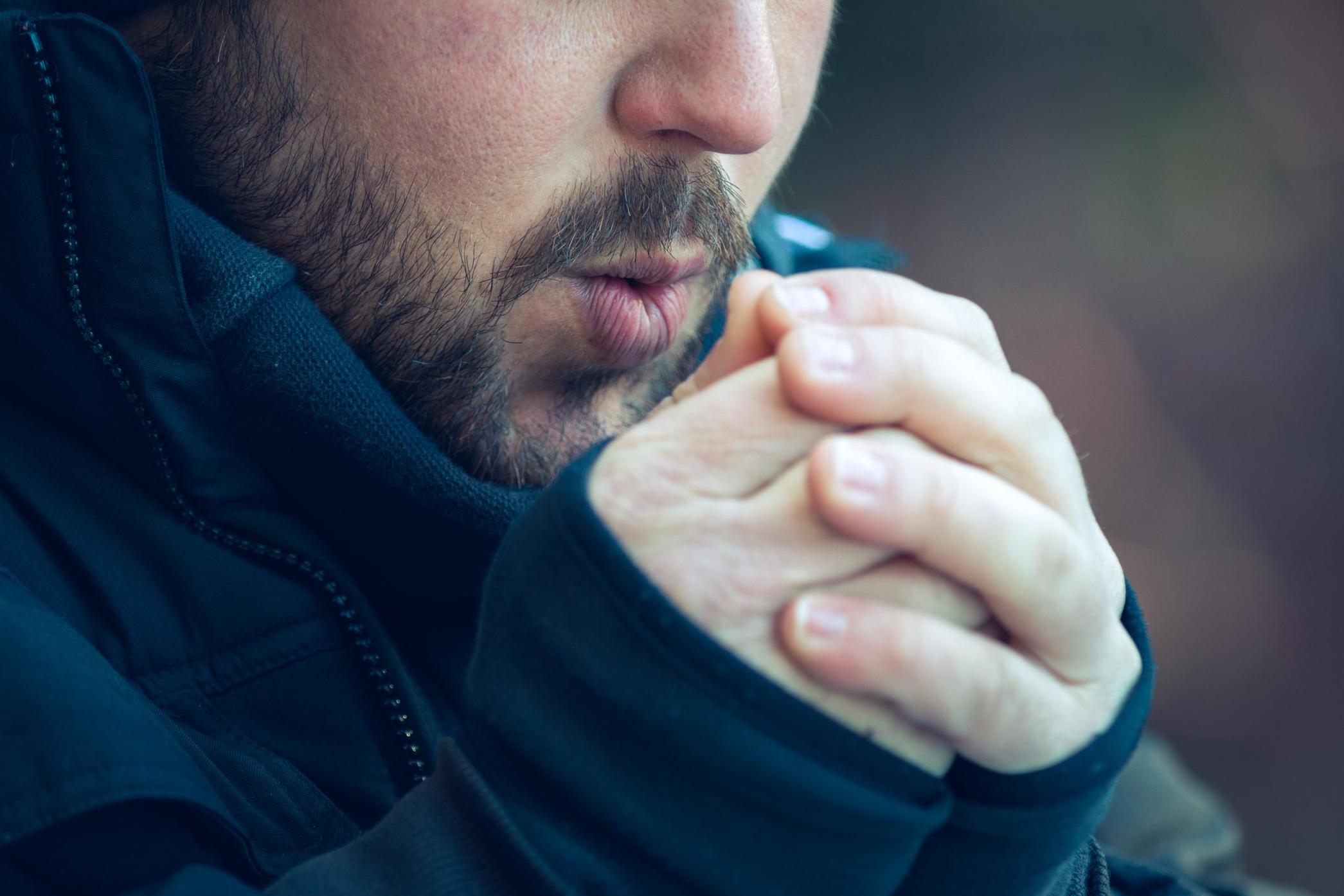Got a cold nose? It could be a sign of working too hard, study suggests
It may indicate that you are mentally overwhelmed

Your support helps us to tell the story
From reproductive rights to climate change to Big Tech, The Independent is on the ground when the story is developing. Whether it's investigating the financials of Elon Musk's pro-Trump PAC or producing our latest documentary, 'The A Word', which shines a light on the American women fighting for reproductive rights, we know how important it is to parse out the facts from the messaging.
At such a critical moment in US history, we need reporters on the ground. Your donation allows us to keep sending journalists to speak to both sides of the story.
The Independent is trusted by Americans across the entire political spectrum. And unlike many other quality news outlets, we choose not to lock Americans out of our reporting and analysis with paywalls. We believe quality journalism should be available to everyone, paid for by those who can afford it.
Your support makes all the difference.A cold nose might indicate more than just an aversion to sub-zero temperatures.
According to a new study, the temperature of your nose could actually depend on how hard your brain is working.
Scientists at the University of Nottingham examined the neurological functions of 14 volunteers and found the more mentally overwhelmed they were, the colder their nose.
They used thermal imaging cameras to track participants’ brains while conducting mental tasks and concluded that nose temperature strongly correlated with mental workload, as the brain has to work harder to divert blood flow from the face to its neurons when under pressure.
Lead author Dr Alastair Campbell Ritchie, of the Bioengineering Research Group, was surprised at how strong the links between facial temperature and mental strain were.
“We expected that mental demands on an operator would result in physiological changes but the direct correlation between the workload and the skin temperature was very impressive,” he said.
“It was counterintuitive. We were not expecting to see the face getting colder. With this accurate way to estimate workload we can develop methods that will assist the operator at times of maximum stress.”
He added that the thermal imaging technique trialled in the study could be beneficial in the workplace to monitor whether employees with arduous hours, such as pilots, are being overworked to a level that might be detrimental to their performance.
The study’s authors are working with Airbus to see if placing thermal imaging cameras in cockpits could help track pilots’ mental pressures while they fly without too much interference.
The research was published in the journal Human Factors.
Join our commenting forum
Join thought-provoking conversations, follow other Independent readers and see their replies
Comments